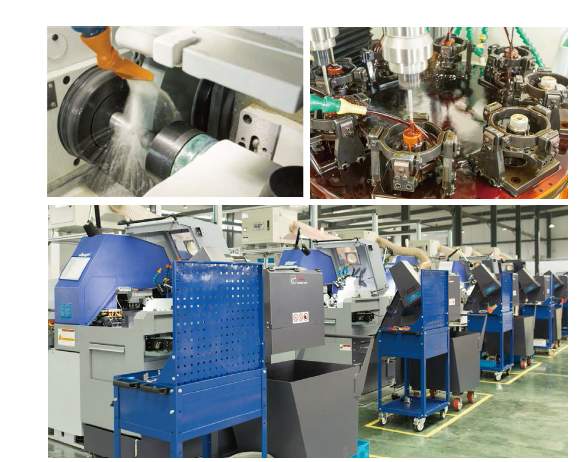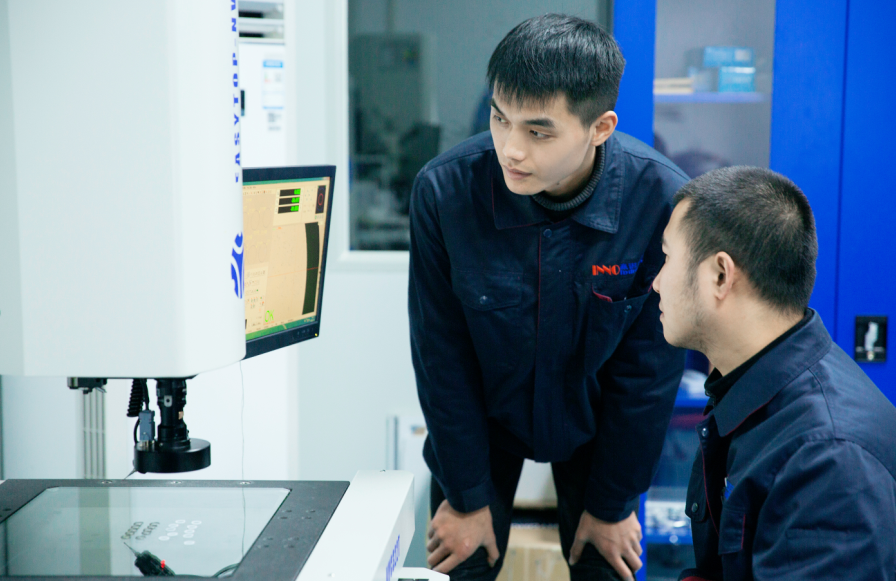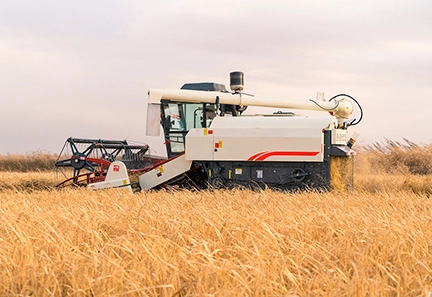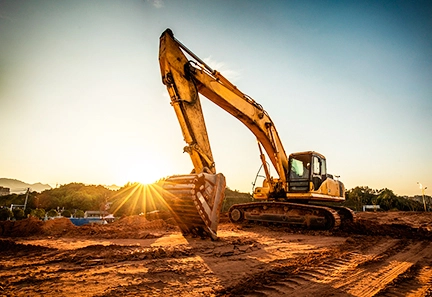Industrial automation has revolutionized manufacturing and production processes, making them more efficient, precise, and cost-effective. Central to the success of automation systems are various hydraulic components, including direct-acting sequence valves. In this blog, we'll explore the crucial role that direct-acting sequence valves play in industrial automation and how they contribute to the seamless operation of automated processes.
Before we dive into the specifics of direct acting sequence valve, it's essential to grasp the concept of industrial automation. Industrial automation refers to the use of control systems, such as computers or robots, to handle different processes and tasks in an industrial setting. These systems aim to reduce human intervention, improve efficiency, and enhance overall productivity.

In industrial automation, various hydraulic actuators, such as cylinders and motors, work together to perform intricate tasks. Direct-acting sequence valves are instrumental in coordinating the movement of these actuators. They ensure that each actuator operates in a predefined sequence, which is critical for maintaining precision and avoiding collisions between moving parts.
Safety is a paramount concern in industrial automation, especially in settings where humans and machines work alongside each other. Direct-acting sequence valves contribute to safety by controlling the sequence of hydraulic actions. This prevents unexpected movements that could pose a danger to workers or damage equipment. For instance, in a robotic assembly line, these valves can ensure that robotic arms move only when it's safe to do so.

Downtime in industrial automation can be costly. Direct-acting sequence valves help minimize downtime by preventing overloads and system failures. By controlling the order in which hydraulic actuators operate, these pressure control hydraulic valves ensure that the system runs smoothly and consistently. This, in turn, reduces the likelihood of unexpected shutdowns or breakdowns.
Many industrial automation processes require precise control over the movement of machinery or equipment. Direct-acting sequence valves excel in providing this level of precision. They allow for fine-tuned control of hydraulic actuators, enabling manufacturers to meet strict quality and production standards.
In the world of industrial automation, where efficiency, safety, and precision are paramount, direct-acting sequence valves serve as indispensable components. They facilitate the coordination of multiple hydraulic actuators, enhance safety measures, reduce downtime, and provide the precision control necessary for modern manufacturing processes. As automation continues to evolve, these valves will remain vital in ensuring the seamless operation of automated systems, ultimately driving increased productivity and competitiveness in various industries.


